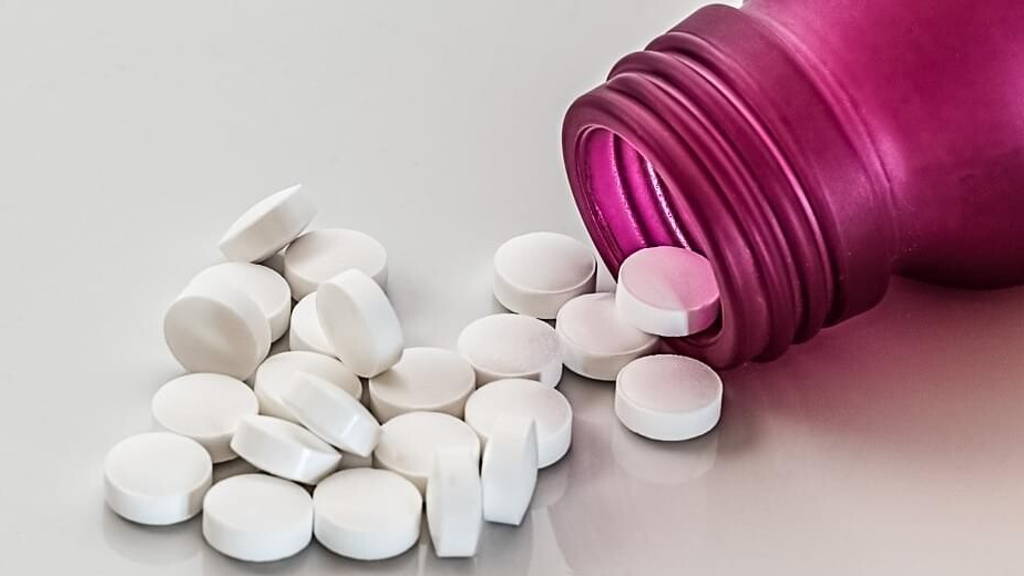Dutch pharmacists are very active in sharing their patient information by way of the digital platform
‘Landelijk Schakelpunt (LSP)’. 80 percent of their patients have authorised them to do so. However, general practitioners, specialists and hospitals only make very limited use of the shared digital patient data platform. The consequence is that pharmacists barely have digital access to relevant patient information such as a patients kidney functions, counter indications or why a certain medicine is prescribed. Complete and recent patient data are needed for a correct use of medication. The lack of this information enhances the chances of medication errors.
99 percent of all Dutch pfarmacists have a fax because hospitals mostly still use a fax to transmit medication lists. Most of them don’t use digital platforms such as the LSP or other systems for digital information transfer. The Nictiz/KNMP research shows that 91 percent of al pharmacists believe patients have the right to see all the information on them that is stored in digital platforms, electronic health records and the like. With doctors this percentage is 40 percent.
60 percent of pharmacists already give patients acccess online into their medication lists. The believe a patient has the right to see this information, and also believe it gives the patient a role in managing his or her own record, strengthens self management en therapy adherence.
Most elektronic and online communication between pharmacist and patient is about ‘ease of use’ services, such as repeat prescriptions, online Q&A’s, online informing a patient when his medication can be picked up and the like.
‘Landelijk Schakelpunt (LSP)’. 80 percent of their patients have authorised them to do so. However, general practitioners, specialists and hospitals only make very limited use of the shared digital patient data platform. The consequence is that pharmacists barely have digital access to relevant patient information such as a patients kidney functions, counter indications or why a certain medicine is prescribed. Complete and recent patient data are needed for a correct use of medication. The lack of this information enhances the chances of medication errors.
99 percent of all Dutch pfarmacists have a fax because hospitals mostly still use a fax to transmit medication lists. Most of them don’t use digital platforms such as the LSP or other systems for digital information transfer. The Nictiz/KNMP research shows that 91 percent of al pharmacists believe patients have the right to see all the information on them that is stored in digital platforms, electronic health records and the like. With doctors this percentage is 40 percent.
60 percent of pharmacists already give patients acccess online into their medication lists. The believe a patient has the right to see this information, and also believe it gives the patient a role in managing his or her own record, strengthens self management en therapy adherence.
Most elektronic and online communication between pharmacist and patient is about ‘ease of use’ services, such as repeat prescriptions, online Q&A’s, online informing a patient when his medication can be picked up and the like.






